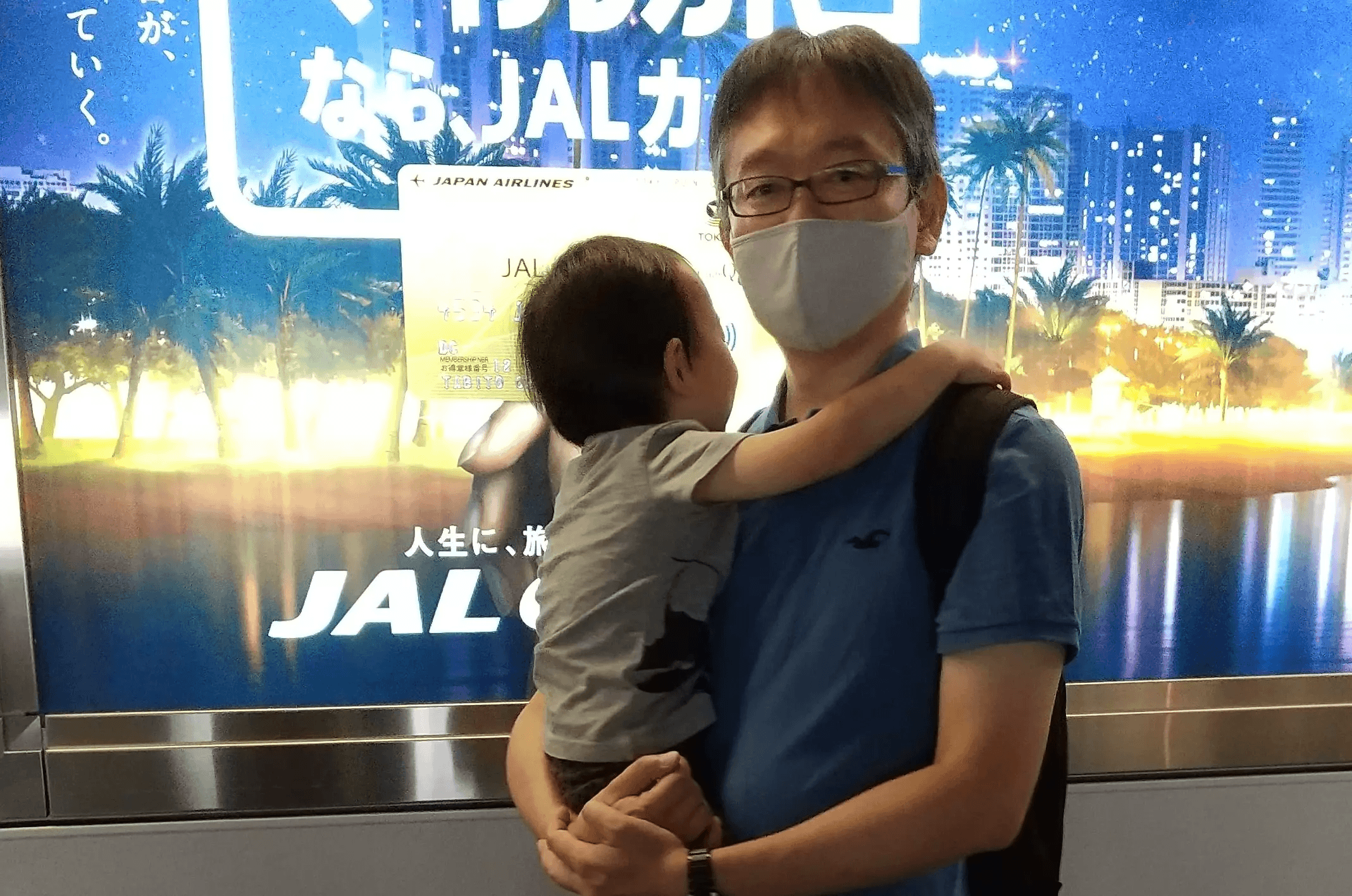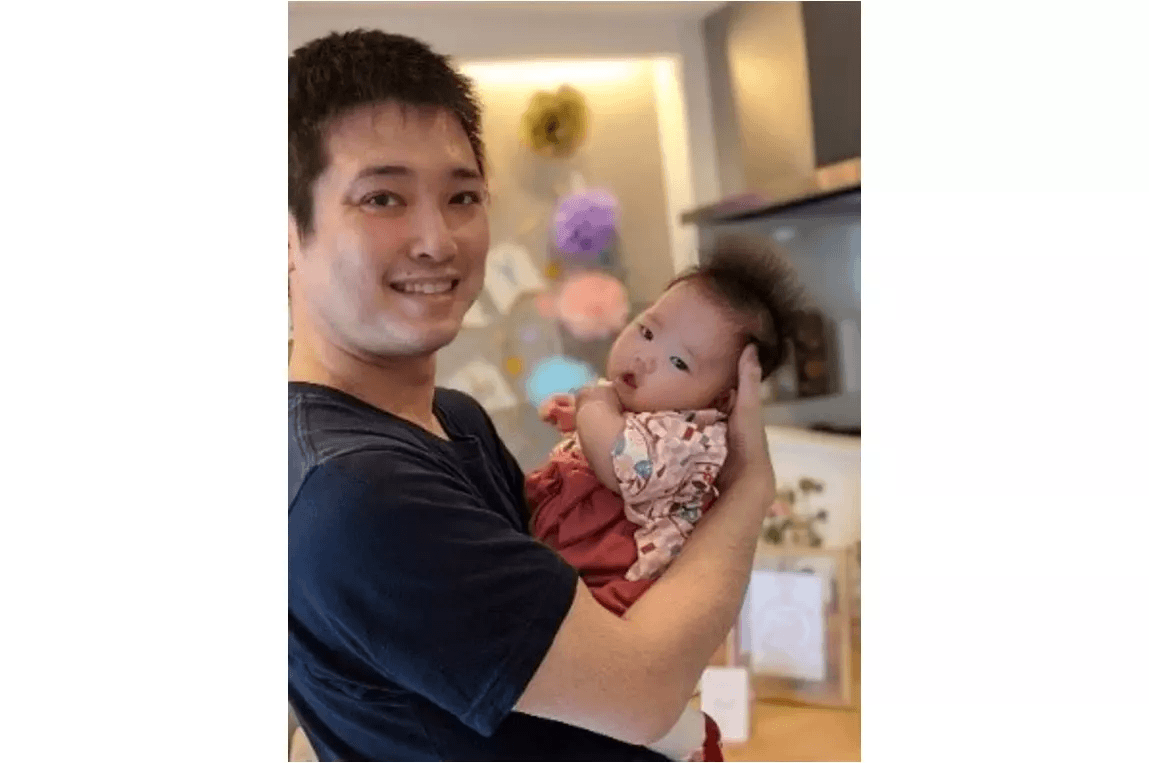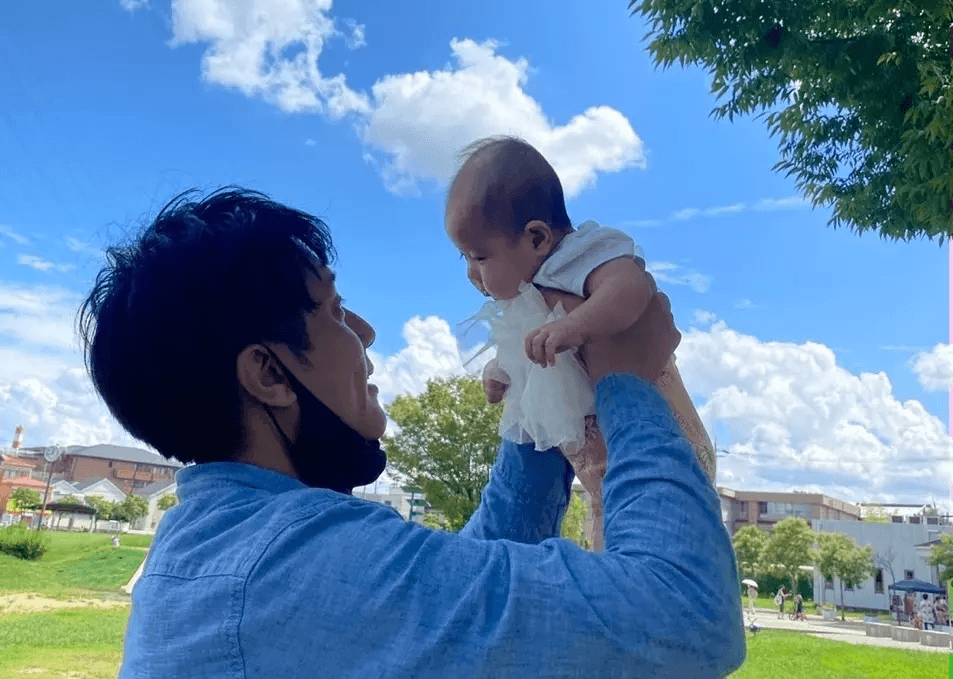Diversity and Inclusion

D&I Statement
Our people are an integral component of Nippon Paint Group in achieving Maximization of Shareholder Value (MSV).
We value diversity*, and recognize the importance of inclusion. For this reason, we are determined to foster a culture where differences are welcomed and appreciated, and environments where all employees have access to resources, feel respected and are empowered to reach their full potential.
People play a vital role at Nippon Paint Group and we firmly believe that active participation and contribution by a diverse workforce is the key driving force to achieve MSV.
*diversity in terms of race, religion, gender, age, sexual orientation, nationality, culture and a variety of values and ideas
Management system
At Nippon Paint Holdings, we have identified Diversity & Inclusion as a key materiality topic and are advancing related human resources initiatives. Specifically, the Sustainability Team (People & Community Team), which reports directly to the Directors, Representative Executive Officers & Co-Presidents, discusses policies and initiatives related to the human resources activities of each partner company. The team regularly reports updates to the Co-Presidents, who, in turn, provide updates to the Board of Directors as needed. In this way, the Board of Directors monitors the materiality-related activities managed by the People & Community Team. The People & Community Team autonomously advances initiatives by facilitating the sharing of best practices among partner companies, identifying key priority issues, and developing roadmaps tailored to each partner company.
Building up human capital with diversity
Building up human capital with diversity serves as one of the most critical cornerstones of our Asset Assembler model.
We know that our diverse, skilled and engaged workforce is critical to achieve MSV. To this end, we foster the promotion of human resources with a diverse background and the promotion of education and awareness of diversity, equity, and inclusion; eliminate the discrimination, harassment, and violence based on race, gender, religion, and any other form of diversity in the workplace; and create a more welcoming work environment where everyone feels welcomed and respected.
Each of our PCs are building up human capital by taking actions that are suitable for the countries and regions where they conduct business activities.
The Global Code of Conduct, which was established in January 2022, articulates our focus on diversity and respect for human rights. In addition, our PCs around the world carry out human resource management activities designed to secure and increase diversity. Moreover, our Corporate Governance Policy stipulates that the Group values ensuring diversity.
DuluxGroup
At DuluxGroup, we believe that diverse perspectives and experiences drive innovation and enhance performance. Our leaders, at all levels, are focused on creating an environment where everyone feels they belong and can do their best work.
We are committed to gender equality. Through a focused effort in our recruiting strategies, our internal talent management processes and development of our people, we have increased female representation at all levels of the organization, particularly in leadership, where we have more than doubled the percentage of women in our Top 200 in the last 10 years.
By actively promoting career development opportunities and a compelling employee value proposition, including flexible work arrangements, we aim to not only attract and retain talented women, but also break down gender stereotypes in our industry.NIPSEA Group
NIPSEA Group takes pride in fostering a diverse and inclusive workforce that embraces people of different genders, generations, nationalities, and expertise. We recognize the importance of having a diverse team in producing better business outcomes for its customers and the communities it operates in. As part of its commitment to Diversity & Inclusion (D&I), we have formed a dedicated committee that champions initiatives around “People and Community.” This committee plays a vital role in ensuring that the company's D&I policies and programs align with its overall commitment and approach to D&I.
NIPSEA Group is working towards the goal of achieving 35% female representation in both management and emerging leader categories. To achieve this goal, we have created a supportive work environment that aims to attract, retain, and develop female talents across the organization. With the support of the D&I committee and HR, Mentors have progressively expanded the program in their respective countries, fostering a ripple effect of leadership development across NIPSEA Group.Dunn-Edwards
At Dunn-Edwards, we’re proud to have built an organization that reflects the diverse melting pot that is the North American market, and we’re committed to fostering an inclusive and diverse environment, where all employees feel welcomed and valued, and where everyone has equal access to opportunities, guidance, and support.
Based on this guiding principle, in 2020, we established our Diversity, Equity, and Inclusion (DE&I) Committee to steer our efforts in this area. In the time since, all activities and initiatives undertaken have been developed based on company-wide survey data, gauging the sentiment of our workforce around the company’s current state of and efforts toward DE&I.
To date, we’ve expanded resources for career development and career pathing, launched a DE&I training curriculum for team members at all levels, and launched a new Intranet and communication strategy to improve transparency across the organization. As we go forward, we’ll continue to use a data-driven approach to shape future activities to ensure a welcoming and supportive environment.Japan Group
Japan Group has been working to reestablish our numerical targets regarding the ratio of women in managerial positions. Specifically, we are working on the development of next-generation female leadership candidates as part of activities of the D&I Committee Japan launched in July 2022. Through this activity, we provide all supports and development opportunities necessary to encourage ordinary female employees to set their career goals in a more proactive manner.
Then in 2024 we selected approximately 30 female candidates for next leaders and provided some programs for their career development. In addition, our employees will declare their career goals once a year and have one-on-one meetings with their supervisors to continuously support their career goal achievements. This opportunity has allowed all employees including female employees to become aware of the importance of building their careers by themselves, thereby contributing to mindset reform. Female candidates will not be given preferential treatment in our annual appointment of managerial positions. Both management and supervisors make sure to promote the right person regardless of gender, ensuring that talented female employees are not overlooked in promotion decisions. The D&I Committee Japan also discusses not only short-term initiatives but also mid- to long-term D&I directions and KPIs in line with changes in the business situation around the Japan Group.
DE&I promotion program
<DuluxGroup>
Focused on creating an environment where everyone feels they belong and can do their best work
- Through a focused effort in our recruiting strategies, our talent management processes and development of our people, we have increased female representation at all levels of the organization, particularly in leadership
- Promoting career development opportunities and a compelling employee value proposition, including flexible work arrangements
<NIPSEA Group>
Fostering a diverse and inclusive workforce that embraces people of different genders, generations, nationalities, and expertise
- D&I committee continues to champion initiatives focused on promoting diversity and inclusion
- Successfully completed Group-level women mentoring program, fostering empowerment and providing support to mentees in establishing local women mentorship program
- Introduced D&I policy and campaigns in NIPSEA countries
<Dunn-Edwards>
Fostering an inclusive and diverse environment, where all employees feel welcomed and valued, and where everyone has equal access to opportunities, guidance, and support
- Expanded resources for career development and career pathing
- Launched a DE&I training curriculum for team members
- Launched a new Intranet and communication strategy to improve transparency across the organization
<Japan Group>
Fostering next-generation leaders
- As part of the activities of D&I Committee Japan launched in July 2022, in FY2023 we selected approximately 50 female candidates for next-generation leaders and provided support and programs for their career development
Examples of the Japan Group D&I Initiatives
Gender pay gap for Japan Group
At every PC in Japan Group, wages are determined based on roles played and significance of job tasks. We have gender pay parity in like-for-like roles and job tasks.
Based on our analysis, the primary cause of the gender pay gap is the lower ratio of women in managerial positions than men. Japan Group is taking actions, such as providing skill development programs for female employees and their supervisors with the goal of achieving the numerical target of increasing the ratio of women in managerial positions to 10% by 2025. We believe that the gender pay gap will decrease with the increase in the ratio of women in managerial positions.
For details on "Gender pay gap for Japan Group", see the ESG Data page.
Work-life balance initiatives
Japan Group have established flexible working systems in step with the life events of their employees, including work-from-home systems and systems allowing paid leave to be taken in hourly increments, shortened working hours, and childcare and nursing care, as well as promoting initiatives such as seminars to explain systems.
| System | Eligible people | Summary |
|---|---|---|
| Flextime system | All employees | In principle, employees work core hours of 11 a.m. to 2 p.m. and are able to choose their own starting and finishing times |
| Shortened work hours system | Employees with preschool children and those caring for family who require nursing | Employees may shorten their working hours in 30-minute increments up to a limit of two hours per day |
| Childcare leave | Employees with children up to first grade in junior high school | Seven days per year for one child and ten days per year for two children Leave can be taken in hourly or daily increments |
| Nursing care leave | Employees caring for family who require nursing | Seven days per year for one nursing recipient and fourteen days per year for two recipients Leave can be taken in hourly or daily increments |
| Menstrual leave | Female employees | When it is difficult for an employee to work on menstrual days. Two days within the menstrual period |
| Paid leave by unit system | All employees | Leave can be taken in hourly or half-day increments |
| One-week holiday | All employees who have been with the company for at least two years | Acquisition of five consecutive days of paid annual leave every year |
| Work-from-home system | Those raising children or caring for family Employees engaged in overseas-related work |
Employees may work from home up to four times per month During the COVID 19 pandemic, this system applies to all employees, with no limit applied to the number of times |
| Childcare allowance | Employees caring for children under the age of three | Subsidies available for childcare fees when using childcare facilities |
| Childcare leave system | Employees caring for children under the age of three | Up to three years |
| Nursing care leave system | Persons caring for family who require nursing | Authorization of leave for up to six months per year to provide nursing care |
Establishment of Working from Home System
Encouraging men to take childcare leave
Male employees' participation in childcare is important in terms of responding to the requests of these employees, and also to mitigate the impact of childcare, which is skewed towards women, and to allow both spouses to build a sustainable career. Japan Group are encouraging men to take childcare leave to support men actively participating in it. In particular, we are using in-house media to offer messages from management and stories about men’s experiences with childcare leave, and working to create an environment in which it is easy for men to take it.
A comment from a male employee (photograph at right): "I couldn't do any of the things I wanted to do; feeding the baby, changing diapers, putting my child to bed; it was a constant process of self-examination and failure. I realized just how much I had been relying on my wife to raise my children. This woke me up to how being close to my child's growth would be an asset for me; it was a great opportunity for me to re-look at the way I work."




